Marc-William Palen
History Department, University of Exeter
Follow on Twitter/X @MWPalen
It’s been a whirlwind since Pax Economica was published in the USA in late February, and hopefully more to come after today, the official publication day for the UK/Europe.
I am truly grateful for all the support, endorsements, and reviews that Pax Economica has already received from across the political spectrum, including making the New Yorker’s “Best Books” 2024 list.
In case Forum readers are interested, included below are details regarding some upcoming book events for April and early June, including the UK book launch on Wed, April 24 (5pm) hosted by the Rothermere American Institute at the University of Oxford.
Also, I am based in Venice, Italy, until early June, so for any interested Italian subscribers to the Forum, please just get in touch via email. I’d be delighted to visit and discuss the book.
Continue reading “Pax Economica – UK Publication Day, In the News & Upcoming Book Events”


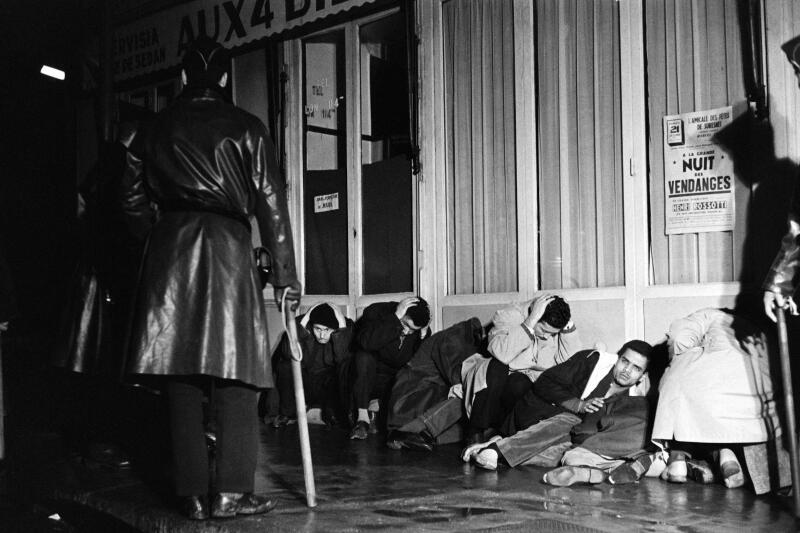
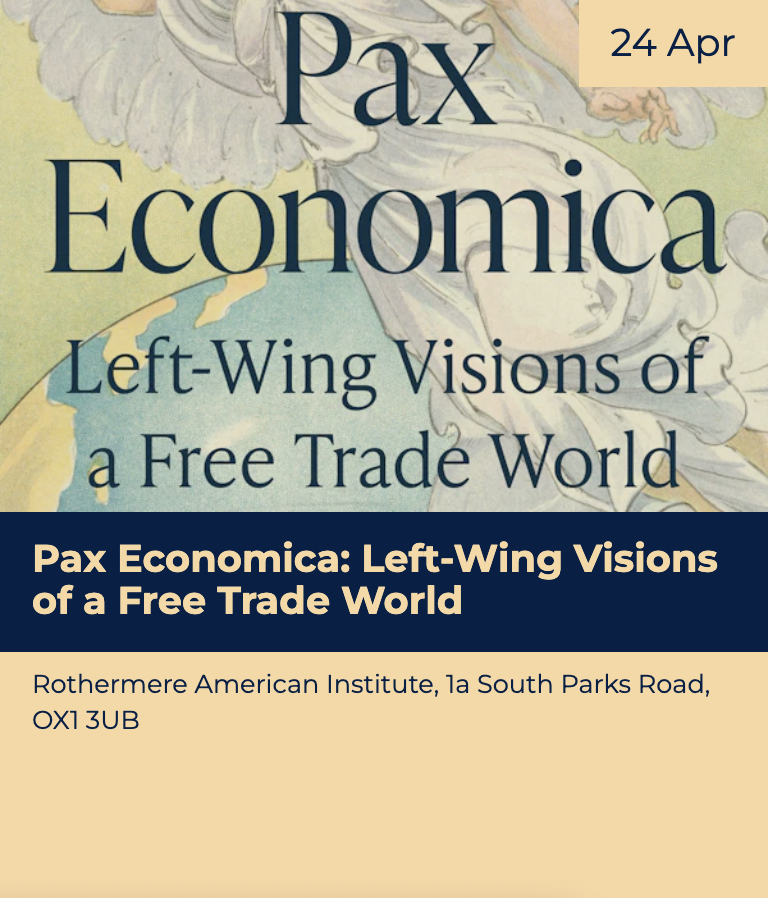
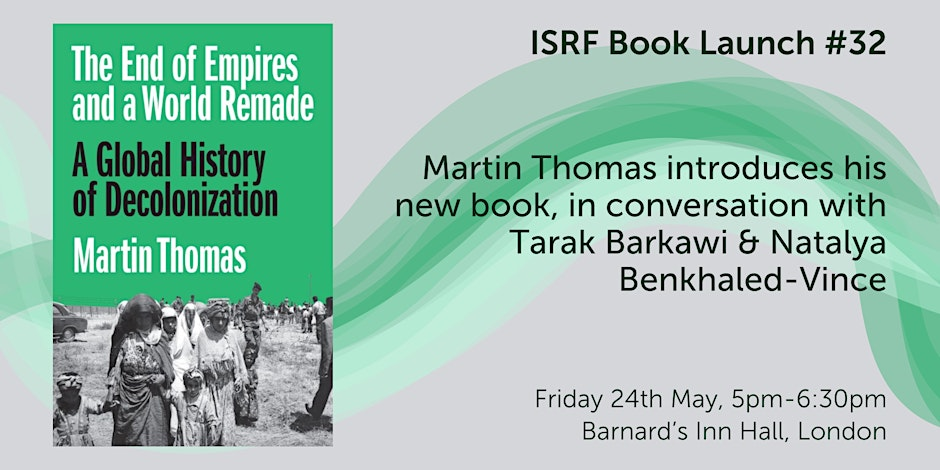




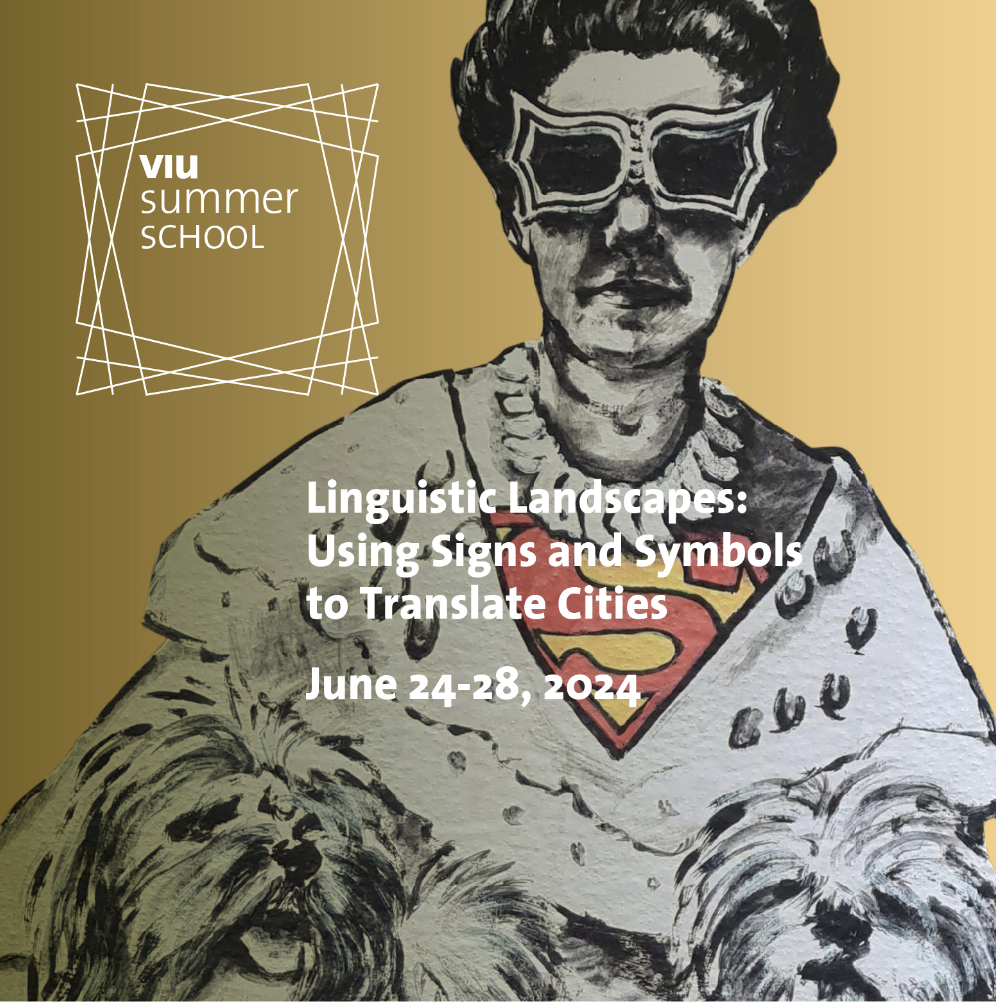
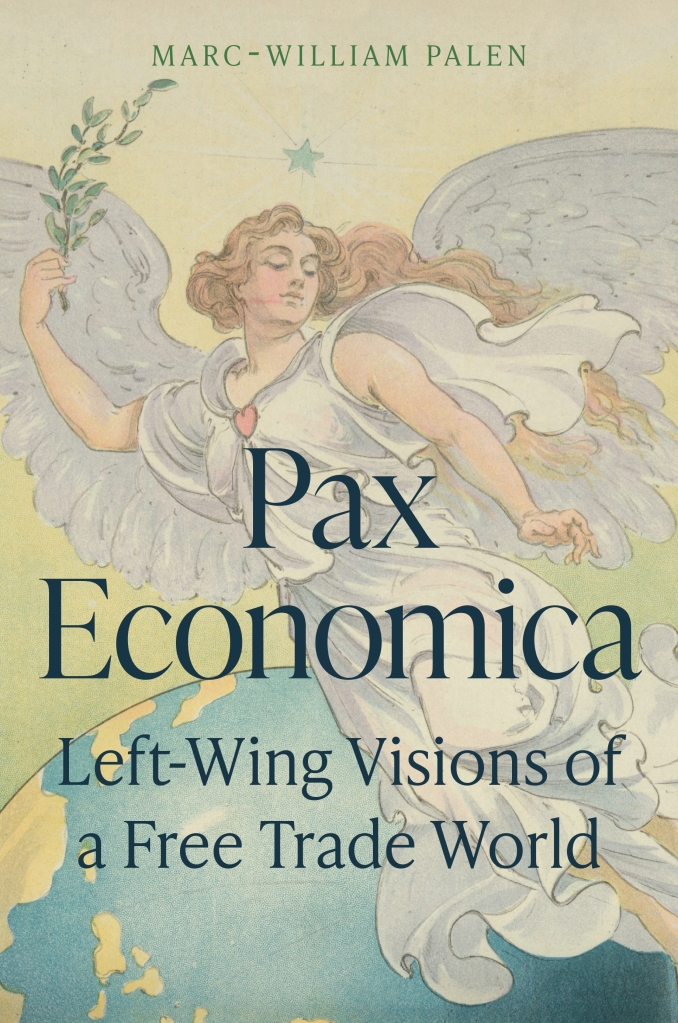
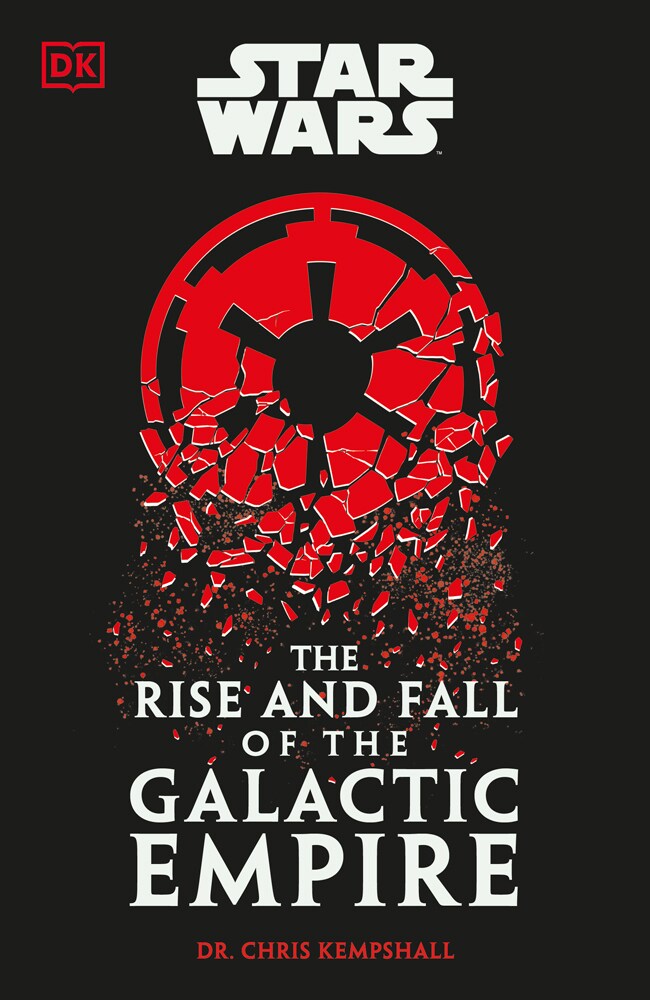
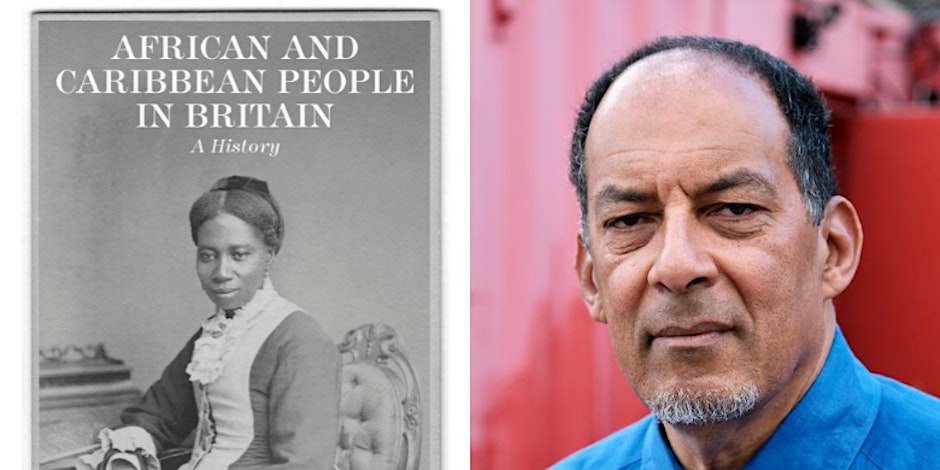


You must be logged in to post a comment.